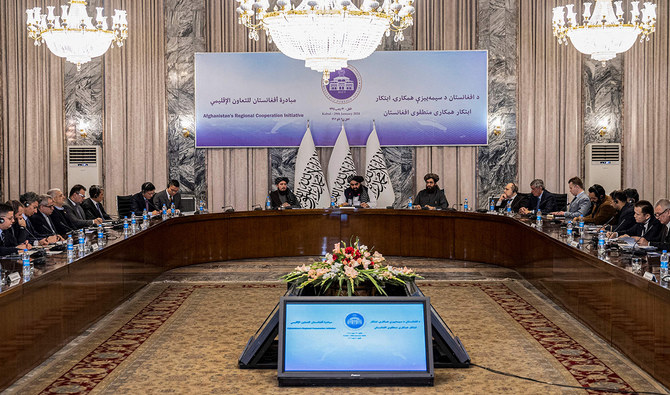Afghanistan, known for its rugged terrain, has historically favored guerrilla tactics, allowing groups to strike quickly and retreat into the mountains. This strategy, famously employed by Ahmad Shah Massoud against both Soviet and Taliban forces from the Panjshir Valley, continues today through his son, Ahmad Massoud, and the National Resistance Front (NRF). Since the US withdrawal in 2021, the NRF and factions of the former Afghan army have waged guerrilla warfare against the Taliban, with the goal of establishing an inclusive and democratic government. Despite the NRF’s willingness to engage in dialogue, achieving peace remains challenging due to Taliban resistance and international pressures.
In 2022, Ahmad Massoud proposed a transition period and elections to the Taliban, only to have them rejected as “un-Islamic.” While the Taliban claims to be inclusive, they lack constitutional governance and representation for major ethnic groups, leading to significant international opposition. The humanitarian crisis has worsened, particularly affecting women who have been excluded from education and public life, further isolating Afghanistan on the global stage.
The 2020 Doha Agreement aimed to bring peace and establish inclusive governance but ended with a chaotic US withdrawal and the rapid Taliban takeover of Kabul. Calls from the international community persist for Taliban inclusivity and the protection of women’s rights, crucial for global legitimacy. Graeme Smith warns of the Taliban’s legitimacy issues without external support, which could exacerbate internal dissent.
To break the deadlock, a pragmatic approach is recommended, focusing on separate discussions about security and economic stability, apart from debates about political recognition. However, the fragmentation among opposition groups impedes a unified stance against the Taliban. Recent UN-hosted talks excluded Afghan civil society and women, underscoring the barriers imposed by the Taliban to achieve inclusivity.
Atif Mokhtar emphasizes the need for Afghan-led dialogues to achieve effective peace initiatives. Despite indications of a shift in international engagement through the Doha discussions, the Taliban’s exclusion of women suggests that international isolation could persist. Afghanistan’s complex security environment and the Taliban’s resistance to dialogue suggest a continuing internal conflict, casting doubt on the prospect of achieving lasting peace.
Afghanistan faces uncertain paths post-war, striving to establish inclusive governance amid Taliban challenges, highlighting the nation’s ongoing struggle for stability and peace.


